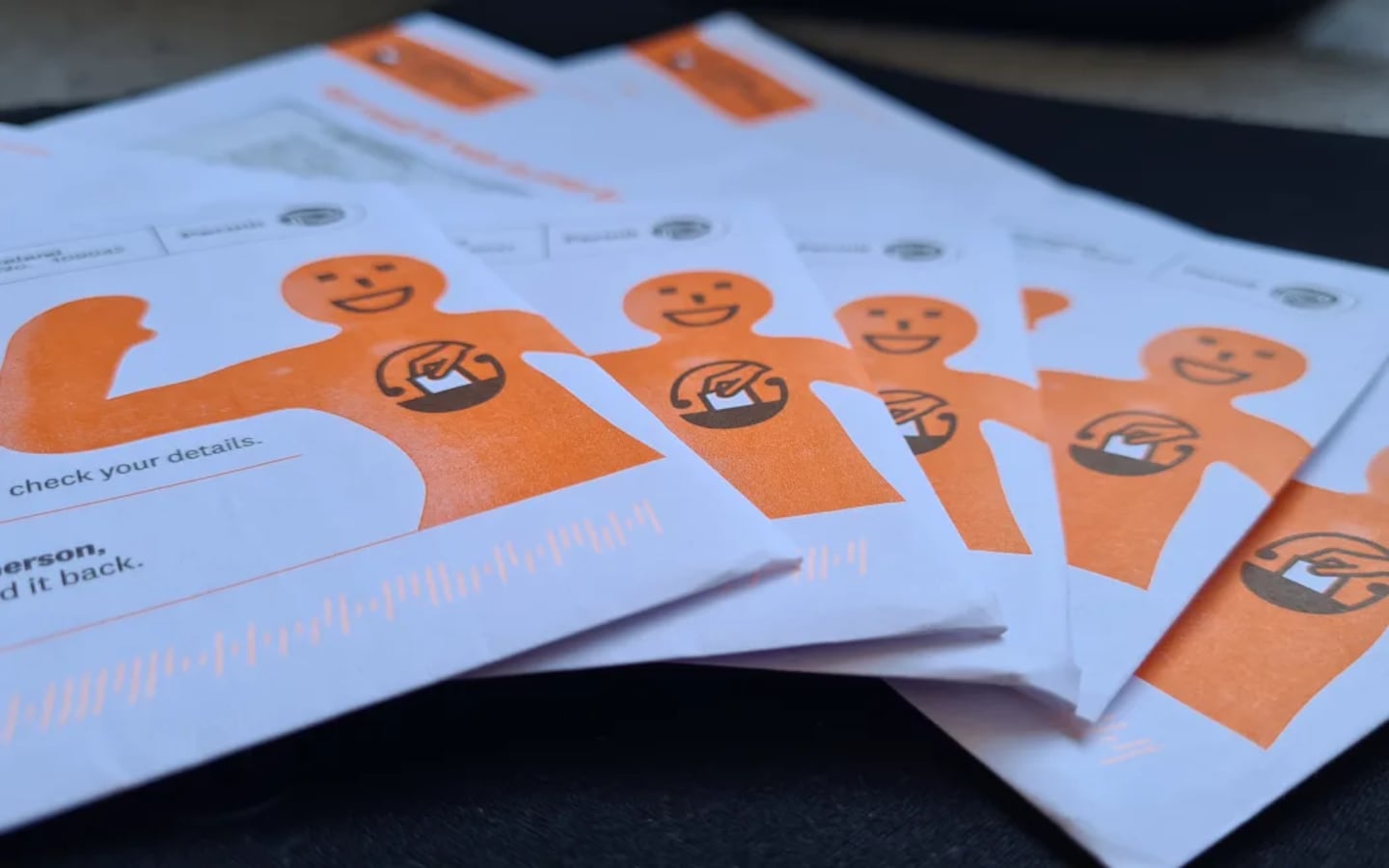This article was first published on RNZ.
A handful of general wards and half of the Waikato region’s Māori wards have been filled unopposed for the upcoming local body elections.
Eleven councils (one regional, nine district, and one city) make up local government in Waikato. Only half will be holding elections for one or all of their Māori seats.
Two (South Waikato and Waitomo) do not have specific democratic representation for Māori. All the other councils have either Māori wards, or in the case of the regional council a Māori constituency.
Waikato District was one of the areas where a single candidate, Tilly Turner, had been elected unopposed to one of their Māori wards, Tai Runga Takiwaa (Waikato district’s other Māori ward, Tai Raro Takiwaa, has three candidates standing for the seat).
Waikato district’s Western Districts general ward was also filled unopposed by Carolyn Eyre. Both Turner and Eyre have been councillors this term.
“I put my application in, and I had no one stand against me and I don’t know whether that’s good or bad,” Turner said.
Last election three people stood for the seat. Turner believed at least one of the past candidates would stand again.
“She was young, talented, but her business is going well... she said no, she has no intention of standing again, because her business is starting to pick up.”
Turner said the feedback she had received was that she had done a really good job so far and people were happy for her to continue.
Binding poll on Māori wards a motivator
She had been ready to stand down, but the binding poll on Māori wards, which the government has legislated must occur, motivated her to keep going.
“I didn’t want to step away and look like I never had confidence in that space, that it wasn’t any good.”
She wasn’t certain that the district would be able to retain its two Māori wards in the poll, but it was important to her that people saw her express confidence in the seats.
“I need to let people see that I’m really backing the Māori wards, I stood for the first three [years] and I’m happy to stand again,” she said.
A district where an election for the Māori ward will happen is Ōtorohanga.
Five candidates have stood for the two Rangiātea Māori Ward seats, one of whom is the current councillor, Jamiee Tamaki.
She said some people wondered why they should get involved when she was already there.
“It wasn’t just about me, it was about growing our capacity in those spaces, so I just went out and said ‘come on you fellas’.”
She said more candidates allowed people to have a choice.
“We can’t make change if we’re not part of the change,” she said.
Asked why she thought so many seats in the region had not been contested, Turner thought the amount of central government legislation, which was coming at councils without consultation, was a factor. Abuse of local representatives was another.
“The other part of it, which I haven’t actually experienced, is the endangerment that councillors are experiencing from people just really ripping into them because of what is going on,” Turner said.
Councillor feels ‘lucky’ to escape abuse
Tamaki said she also had not experienced any abuse as a councillor and had had an amazing experience in local government.
“And I think maybe I’m lucky, I’ve never had any negativity,” she said.
Turner believed the Māori voice in local government is going would be important and helpful in the future. However, if the door closed on the Māori wards because of the referendum, she worried it would be hard to open again.
“If we can’t do it this time, I don’t know that we’ll ever get to do that connecting between Māori and Pākehā where the Treaty is concerned, and I’m hopeful we can because Māori have a lot to offer - we know how to survive in the toughest of times and this time is getting tougher,” she said.
Voting for the local body elections opens on 9 September.
By Libby Kirkby-McLeod of RNZ.



